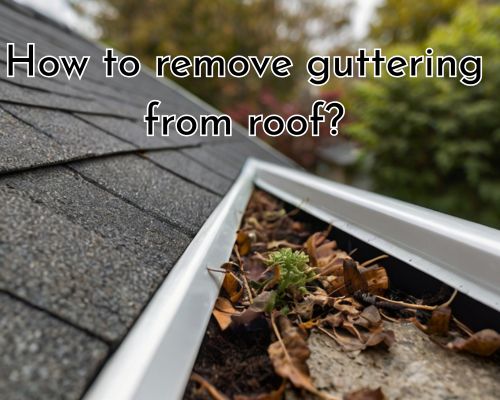“If you’re a homeowner looking to install a gas stove, one of the most important things to consider is what kind of pipe to use. Using the wrong type of pipe can be extremely dangerous and could result in gas leaks or even explosions.” said Dean Owens of Plumber Warragul.

First and foremost, it’s important to understand that gas is a highly flammable and potentially dangerous substance. As such, it’s absolutely crucial that you take all necessary safety precautions when installing a gas stove.
This means not only using the right type of pipe, but also following all relevant safety guidelines and regulations.
When it comes to choosing a pipe for your gas stove, there are a few different options available.
The most common types of pipes used for gas stoves are black iron pipe, copper tubing, and flexible gas pipe.
Each of these types of pipes has its own pros and cons, and the right choice will depend on a variety of factors. These factors include the distance between your stove and your gas line, the size of your stove, and your personal preferences.
Choosing the Right Pipe Material
When it comes to gas stove piping, choosing the right material is crucial for ensuring safe and efficient operation.
There are several pipe materials to choose from, each with its own advantages and disadvantages. In this section, we’ll take a closer look at the most common materials used for gas stove piping.
Steel and Stainless Steel Pipes
Steel and stainless steel pipes are the most common materials used for gas stove piping.
They are durable, affordable, and readily available. Galvanized steel pipes are coated with a layer of zinc to prevent corrosion, while stainless steel pipes are corrosion-resistant.
When choosing a steel or stainless steel pipe, make sure to consider the thickness of the pipe walls. Thicker walls offer better durability and resistance to damage.
Look for pipes from reputable manufacturers and brands to ensure quality and reliability.
Copper Pipes and Fittings
Copper pipes and fittings are another option for gas stove piping.
Copper is highly durable and resistant to corrosion, making it a popular choice for plumbing and gas piping.
Copper pipes are available in various sizes and can be easily bent and shaped to fit any space.
When using copper pipes and fittings, make sure to use teflon tape to ensure a tight seal. Copper pipes should also be properly supported and secured to prevent damage and leaks.
Flexible Gas Lines and CSST
Flexible gas lines and corrugated stainless steel tubing (CSST) are newer options for gas stove piping.
They offer flexibility and easy installation, making them ideal for tight spaces and retrofitting projects. Flexible gas lines are made of a durable material and are available in various lengths and sizes.
When using flexible gas lines or CSST, be sure to use the appropriate adapter to ensure a secure and leak-free connection.
Look for products from reputable manufacturers and brands to ensure quality and reliability.
Installation and Safety Measures
Proper Venting and Air Quality
When installing a gas stove, you must ensure proper venting and air quality.
Proper venting helps to prevent the buildup of harmful gases, such as carbon monoxide, which can pose a significant safety hazard.
You should install a chimney pipe or other approved venting system that meets local building codes.
Additionally, you need to ensure adequate air quality in the room where the gas stove is installed. A lack of ventilation can lead to the buildup of harmful gases, which can cause health problems.
Make sure that the room where the gas stove is installed has enough fresh air circulation.
Gas Connection and Leak Prevention
When connecting a gas stove, make sure to use the correct gas pipe and fittings.
The pipe should be made of durable materials like brass or stainless steel and have the corresponding sizes to provide a snug fit.
You should also use pipe joint compound or thread sealant on all threaded connections to prevent gas leaks.
Furthermore, you need to check for gas leaks before using the gas stove.
Mix a solution of soap and water and apply it to the gas line and connections. If there are any bubbles, it indicates a gas leak, and you should turn off the gas immediately and call a professional.
Regulatory Compliance and Professional Services
Installing a gas stove requires compliance with local building codes and regulations. You should consult with a professional like Plumber Warragul, and ensure that the installation meets all the necessary requirements.
A professional can help you with the installation, inspection, and maintenance of the gas stove.
Moreover, a professional can help you with the installation of an anti-tip bracket, which is a safety feature that prevents the gas stove from tipping over. Additionally, you may need a pressure regulator to ensure the gas pressure is correct for the gas stove.
The cost of installation and professional services may vary depending on the BTU and cubic feet per hour of the gas stove.
